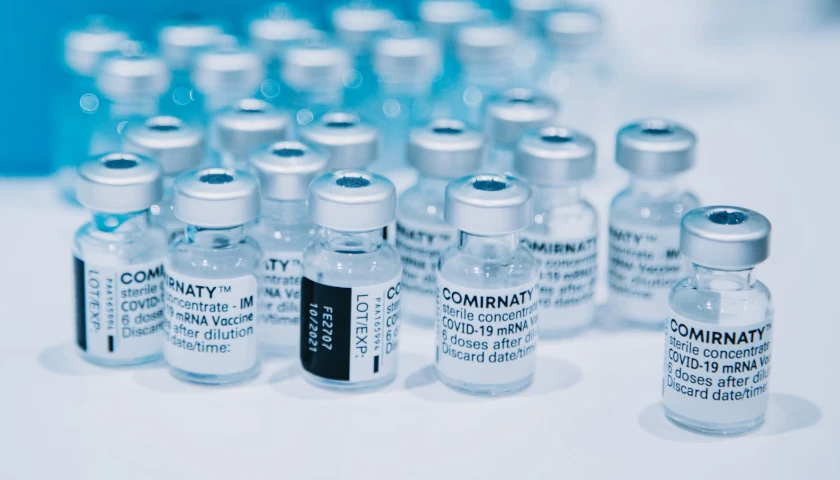by Scott McClallen
An Ingham County Circuit Court ordered Detroit-based Recovery Park to repay $750,000 in Michigan Strategic Fund loans.
A May 2022 lawsuit filed by Michigan assistant attorneys general says the nonprofit Recovery Park and its subsidiary for-profit Recovery Park Farms failed to reach a third milestone of hiring six additional employees for loan forgiveness.
Crain’s Detroit first reported the story.
In 2017, the Michigan Strategic Fund said it would give $1 million to RP, unlocked by reaching three milestones, upon which it could be forgiven. The first provided $500,000 in funding, and each subsequent milestone would provide $250,000.
Court documents say RP failed to repay the loan in March of 2021, and 7% interest started accruing on April 4, 2021. The lawsuit said that RP “has ceased substantially all of its operations.”
Court documents say the MSF extended the time to reach the third milestone from Dec. 31, 2017, to April 30, 2019.
In August 2019, RP submitted a request for loan forgiveness but never received an official response. In October 2019, the Michigan Economic Development Corporation voted to work with RP on a forbearance agreement for 240 days that would include loan forgiveness when RP obtained other financing.
RP says it “was led to believe” that the loan was in forbearance. The MEDC hasn’t responded to a request for comment.
Established in 2013, RP set up high tunnels and flower boxes to grow fresh local produce for the city of Detroit. RP CEO Gary Wozniak started the company to create jobs for people returning from incarceration and who faced barriers to employment, such as mental health issues or substance abuse.
Wozniak said that broken supply chains, COVID, and inflation disrupted plans to build a larger commercial greenhouse in 2019, so they weren’t able to create those six additional jobs.
Wozniak added RP had loan guarantees from the U.S. Department of Agriculture and other potential equity investors so they never borrowed the last $250,000.
Wozniak noted RP met all other milestone requirements, including a regional product distribution agreement and building high tunnels.
Court records say that within six weeks of hire, Recovery Park’s COO “breached his duties to the company and completely undermined the mission” by convincing investors to abscond with RP’s intellectual property, poach key employees, and build a competing business 20 miles outside of Detroit.
The case discovery was set to continue through Jan. 13, 2023, until a judge issued the order on Wednesday after the state had moved for a summary disposition.
“If you really are pro-small business, then you should be working with us, not trying to put us out of business,” Wozniak told The Center Square, referencing the MEDC.
“It’s the same issue that small, minority-owned contractors have with bidding on state contracts like road projects,” Wozniak said. “We don’t have the sophistication and the capacity with all the paperwork and rules.”
In 2018, the MEDC had featured RP as a thriving business.
In July 2021, the Michigan Department of Licensing and Regulatory Affairs issued a cease-and-desist order to RP, saying Wozniak sold promissory note securities to at least two investors without registering with the state.
– – –
Scott McClallen is a staff writer covering Michigan and Minnesota for The Center Square. A graduate of Hillsdale College, his work has appeared on Forbes.com and FEE.org. Previously, he worked as a financial analyst at Pepsi.
Photo “RecoveryPark Farms” by RecoveryPark Farms.





